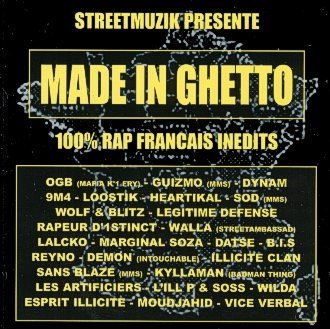Ignorance is Bliss

Every morning as I wake, I pour myself a bowl of Raisin Bran cereal (or make some brown sugar oatmeal) with fat free milk, turn the TV to Good Morning America, turn on my computer, read over my favorite blogs, and read the New York Times that I get through e-mail. Each week I receive Time, Newsweek, The Economist , The New Yorker, and New York Magazine which I make the time to read cover to cover. This being said, I pride myself with being a literate human being, stimulating my intellect and being an informed American, knowing (and being able to engage in intelligent dialogue) about a number of different issues. But alas, there are times when I wish I could give all this up for --- ignorance is bliss. Not knowing about all the atrocities, injustice, and biases that occur daily would probably make me much more content to say the least. But there are pockets in between the atrocities and glaring injustices that I find hope.
With this being said, there were two stories in the New York Times today that caught my eye, one of hope and one of tragedy. In the first, the article relays postulates on what is being called a "ghetto tax" which is defined as the extra costs, when can be anywhere from several hundreds to into the thousands, incurred by low income people to purchase everyday goods, i.e. TVs, cares, etc. Take the following examples:
- Drivers from low-income neighborhoods in New York, Hartford and Baltimore who insure identical cars and have identical driving records as those who hail from middle-class neighborhoods pay $400 more on average for a year’s worth of car insurance
- The poor are the primary customers for appliances and furniture at “rent to own” stores where payments are stretched out at exhorbitant interest rates; for example, in Wisconsin, a $200 television can end up costing $700
- 4.5 million low-income customers, defined as families making with income of less than $30,000 a year, paid on average two more percentage points for car loans than middle-class buyers
- The common use of storefront check-cashing services by poor people comes with a price which varies by state; in the 12 cities studied in the Brookings Institution Report, the fee for cashing a $500 check ranged from $5 to $50.
In essence, its expensive to be poor. The Brookings Institute, a private nonprofit institution in Washington D.C. designed to faciliate independent research and implement innovative policy solutions to many national and global social ills, has published a report entitled "From Poverty, Opportunity" that details policy ideas and innovative solutions to increasing the purchasing power of the poor and decreasing their financial burdens. The writer of the report, researcher Matt Fellowes remarks, “There’s a large and for the most part overlooked opportunity here to help low-income families get ahead... That is to reduce their costs...Measures that reduced the price of essential goods and services for low-income Americans by just 1 percent would put an additional $6.5 billion a year in their hands". The report is detailed and extensive, engaging and quite innovative though I've only read a few pages of it, I plan on finishing it this weekend. As per Jalylah's blog entry yesterday where she spoke of the Parable of the Weeds, whereby when we forcefully and obnoxiously weed out the evil, we inevitably will destroy good as well. This report is an excellent example of creating solutions to social inequities through strategic research and intellectual prowess not obnoxious browbeating and bullying. By carefully pulling together social responsibility, top-notch resources and minds, and financing with a dose of moral rectitude, much can be achieved. This, my dears, is my story of hope.
Now on to the tragedy: The second story that caught my eye this morning was of another report, recently made public, that the Chicago Police Department tortured about 150 Black men in the 1970s and 1980s in interrogation rooms through the use of electric probes, playing Russian roulette, physical violence, and in some cases, smothering. Robert D. Boyle and Edward J. Egan, the men who are bringing the report to light, say that in many of the cases there is enough evidence to arrest and bring about convictions but due to the statute of limitations of three years on such crimes, indictment and prosecution is not possible. Tres depressing indeed. The end of the article stipulates that the United Nations is calling for a deeper probe, denouncing the acts and saying that such acts of torture should not be so casually dismissed. It further asks the United States to take more stringent precautions in matters of police brutality. We'll see where this goes.
"Genius... is the capacity to see ten things where the ordinary man sees one" --- Ezra Pound


0 Comments:
Enregistrer un commentaire
<< Home